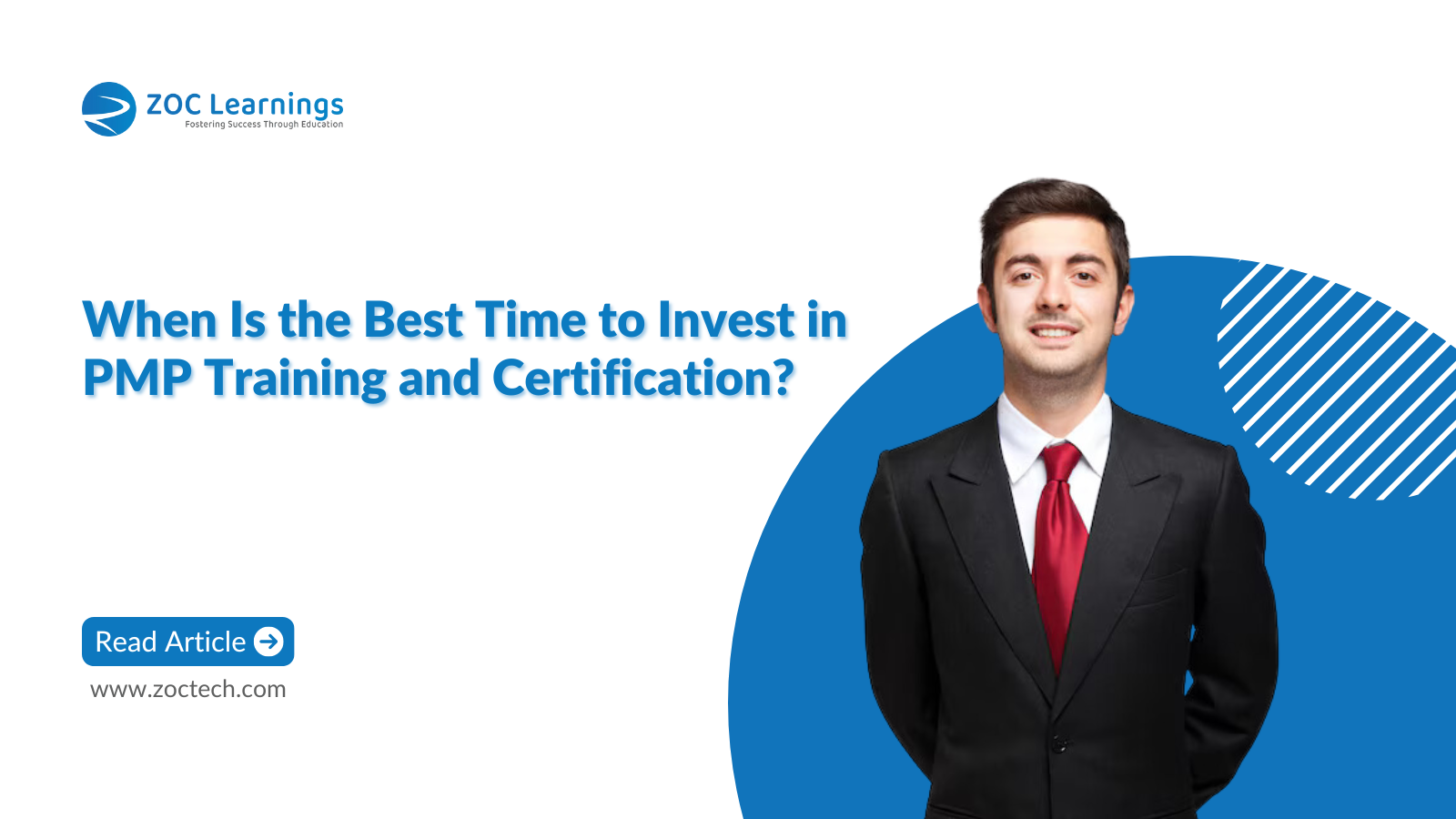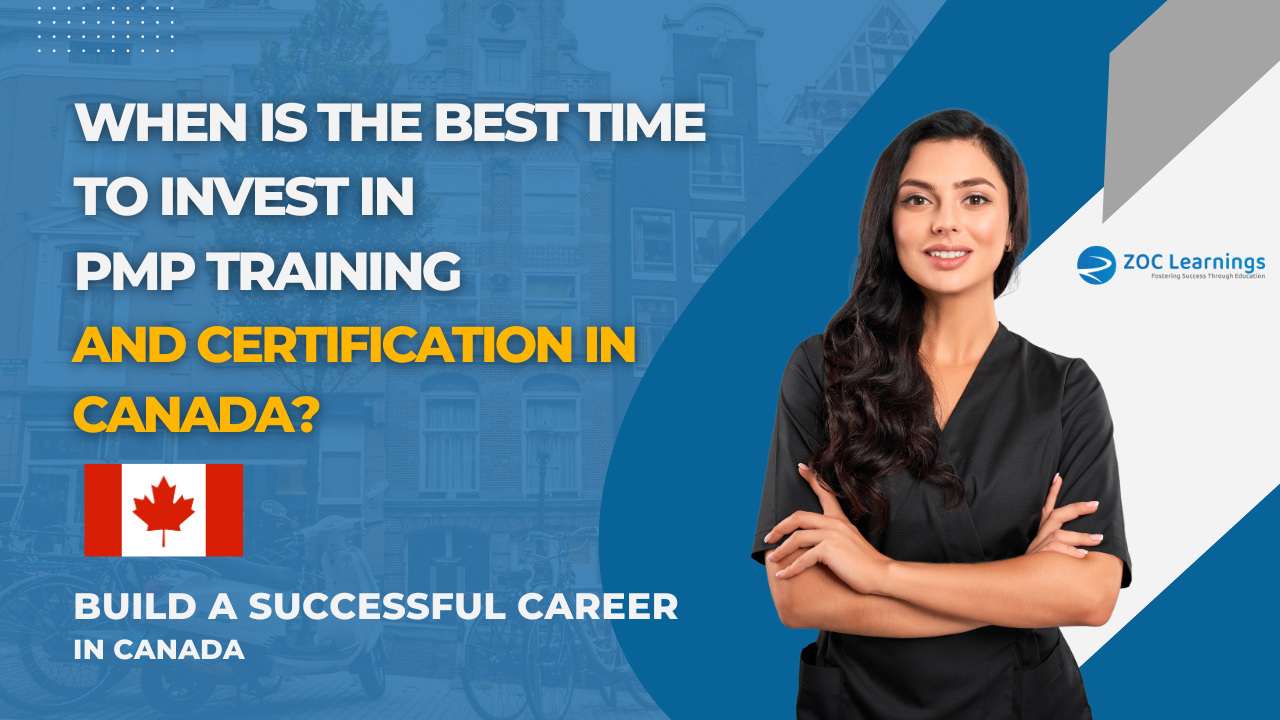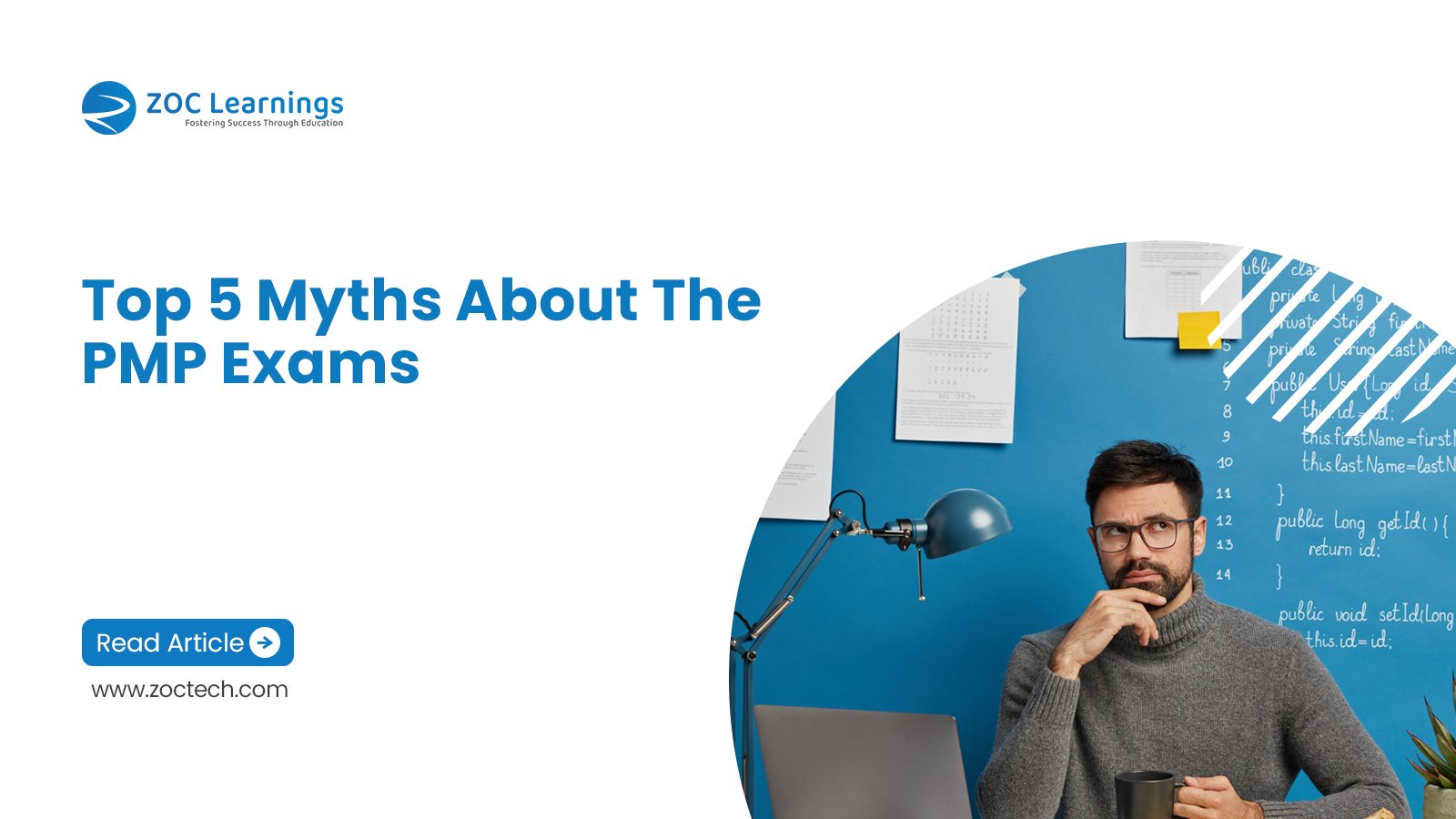The Project Management Professional or PMP certification is a strong tool on the global marketplace in project management. This qualification is offered by the Project Management Institute (PMI)and is recognized world over. It is common for most working professionals to consider obtaining a PMP certification at some time in their employment. However, pmp certification training in Pune is crucial. Also, the importance of timing and understanding when to approach PMP training and certification essentially holds a lot of value in one’s career and projects.
In this article, you will learn about the key progressives to use when identifying the right time to take a PMP certification. We will also see at what career phases PMP certification is most effective and how this tool can improve your career life cycle.
What Is PMP Certification? Learn with Experts in Pune
It is necessary to define first the nature of PMP certification and pmp certification fees in Pune. Also, why it is effective prior to considering the best time to enroll in PMP training.
Project Management Course in Pune challenges your capacity to coordinate tasks, organise time, delegate responsibilities and measure hazards. For the exam, one has to satisfy certain education and professional experience in project management. Once certified, you can prove that you are fully capable of handling or leading a project of any type or scale.
PMP certificate has become more or less a requirement in many industries today. Knowing pmp certification cost is also important. It can assist you in achieving career differentiation, enhancing your organization’s performance by refining your project management skills and increasing your salary bar.
Why PMP certificate training in Pune is valuable?
The usefulness of PMP certification can be described in terms of credibility. The certification is recognised by employers everywhere. It demonstrates an understanding of practices and methodologies used in project management. This certification leads to new job opportunities for those in the field and can act as a stepping stone towards a promotion.
It also opens the door for you to earn more through your profession. Several years PMI conducted a survey that showed that, on average, PMP certified employees are paid 16% more than their non-certified counterparts led by the Project Management Institute (PMI) and is recognized globally. Many professionals consider getting PMP certified at some point in their careers. However, timing is crucial. Knowing when to invest in PMP certification training in Pune can make a significant difference in your career growth and project success.
Things to Consider When Choosing the Right PMP Certification Training in Pune
A couple of aspects can factor the timing at which an individual decides to invest in the PMP training and certification. The following, therefore, describe important considerations to make.
-
- Your Professional Experience
It cannot be overemphasized that one of the most important prerequisites to the timing of PMP exam prep and PMP certification is your level of experience. PMP certification demands that you must have spent a few hours managing projects. Particularly, the aspirants with a four year degree require 4,500 hours of experience in leading projects. Depending on the academic level, 7,500 hours of project management experience are necessary, if you have a high school diploma or received an associate degree.
Before attempting the certification, you should have practical experience in project management and know the pmp certification cost Pune to be eligible for the certification and comprehension of course content of the PMP examination. Having at least 3-4 years of project management work background before taking PMP certification is recommended as you can then relate the lessons learnt in the certification to actual projects.
-
- Your Career Goals
Another important thing that should not be overlooked is your orientation to work and your job expectation. PMP certification is most useful for persons who wish to have a long term job in project management. Career advancement is one benefit of PMP certification; if it is your desire to be in charge of projects more frequently or if you wish to transition to the leading role a PMP training course will help out.
However, if you are in your early years in the career then the on call for PMP training may not be sensible at first. You will probably find that you may need to gain more experience or go for other entry level certifications before you can consider PMP.Now if you are a mid-careerist or someone wanting to switch over to project management from a different discipline, it may be the best time to get a PMP certification.
-
- Job Market Demand
As with any certification program, the need for PMP may differ from one industry to another and from one region to another. A PMP certification is important in some industries for instance, information technology, construction, and healthcare. If you work within a field that encourages the acquisition of PMP certification, the certification will boost your career chances greatly.
Pay special attention to the advertisement for jobs in your line of work to determine if potential employers are demanding PMP certification. This may be the right time to pursue the training if many job openings call for PMP or have it as their option.
Best Career Milestones for Obtaining the PMP Certification Training in Pune
The best time to start investing in PMP training and certification is sometimes relative to one’s career level.uch as IT, construction, and healthcare, PMP certification is highly valued. If you are in an industry that actively seeks PMP-certified professionals, getting certified can significantly improve your job prospects.
Keep an eye on job listings in your field to see if employers are specifically asking for PMP certification. If many job postings mention PMP as a requirement or preference, it may be a good time to invest in the training.
-
- Time and Financial Investment
PMP certification requires both time and financial commitment. The PMP exam fee alone can be around $405 for PMI members and $555 for non-members. Additionally, the cost of PMP training courses can range from $500 to over $2,000, depending on the provider and format (online or in-person).
Besides the financial aspect, you need to invest time in studying for the exam. Most professionals spend an average of 60 to 100 hours preparing for the PMP exam. You need to ensure that you have the time and resources available to commit to this process.
-
- Changes in PMP Exam and PMI Policies
PMI occasionally updates the PMP exam to reflect the evolving nature of project management practices. If you are planning to pursue PMP certification, it’s essential to keep track of any upcoming changes to the exam format or content.
Sometimes, it can be advantageous to complete the PMP exam before significant changes take effect. Conversely, if PMI is introducing new content that aligns more closely with your experience, waiting for the updated exam might be beneficial.
Ideal Career Stages for PMP Certification
The best time to invest in PMP training and certification often depends on your career stage. Let’s look at how PMP certification benefits professionals at different points in their careers.
-
- Early-Career Professionals
For those of you who are new to the profession, chances are you don’t yet qualify for PMP certification. Since it comes a little later, you may wish to pursue PMP certification a few years after being in the job market.
-
- Mid-Career Professionals
For professionals in their middle age, going for PMP certification is one sure way for advancing your career. Mid-career is regarded as the most ideal time to undergo PMP training since you already realize the importance of the certification training and have working experience as you try to understand the training.
-
- Scientists, Technical and Executive and Managers
Regardless of the fact that PMP credential is primarily targeted towards project managers, its understanding may be useful if you are in a senior management or leadership position. This is particularly so whether or not your job description involves direct management of projects on a daily basis, acquiring PMP certification can contribute to project team management. Also, it is important to know about the pmp training and certification cost. It can also increase your believability, credibility and the extent to which clients, stakeholders or your team listens and responds to you.
FAQs
1. What should one know about project management to gain certification PMP?
In order to become a PMP certified, an aspirant requires 4,500 hours of project experience if he/she holds a four years’ degree otherwise 7,500 hours of experience if he/she has a high school degree.
2. How much time does one require in preparing for the PMP examination?
Candidates using the PMP Examination Preparation Guide conduct 60 – 100 hours in preparing for the PMP examination. The question is when and it would depend on, how much is already known before and how fast material is grasped.
3. Is PMP certification worthwhile?
At this point it is safe to say that yes, PMP certification is worth the investment. It may help you earn better, find better jobs, and equip you with necessary skills to manage a particular project.
4. Can I get PMP certified if I am new to project management?
Depending on your current experience, you may not achieve enough working hours to apply for the PMP certification yet.However, you can try to build up the experience needed or first pass the CAPM or other similar certificates. As you gain experience, you can plan to invest in PMP certification a few years down the line.











